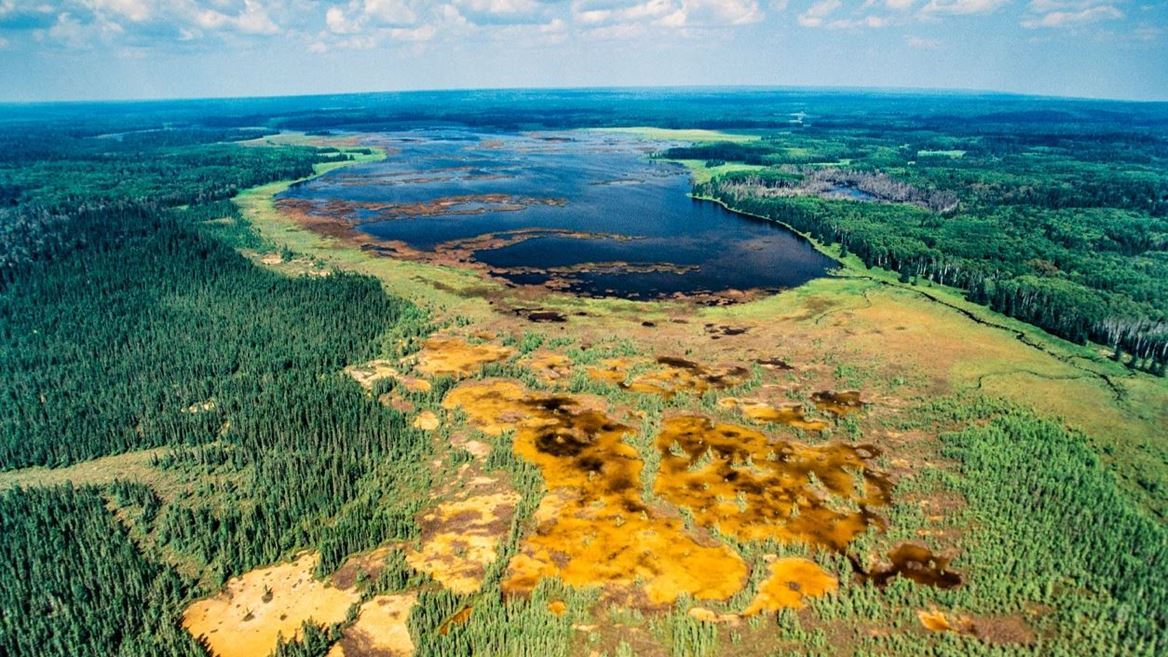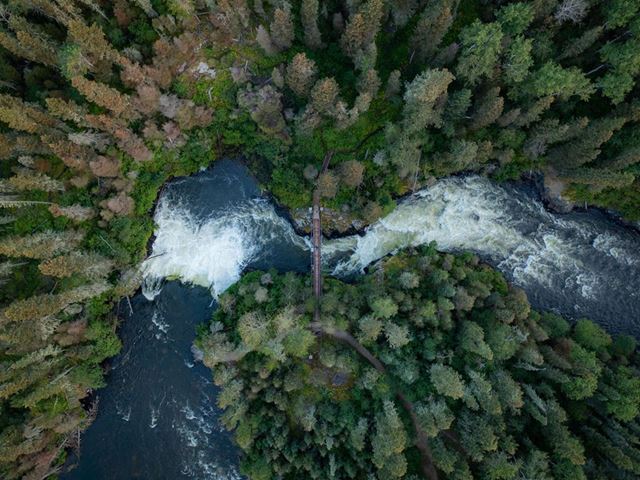
- Latest: Welcome to Auto Futures - Mobility News, Features, Exclusives and More...
- Latest: Subaru Europe Unveils the Brand's First All-Electric Compact SUV
- Latest: Lucid, Nuro & Uber Partner on Next-Generation Autonomous Robotaxi Service
- Latest: GM & Redwood Materials to Repurpose EV Batteries for Energy Storage
- Latest: Stellantis Discontinues Hydrogen Fuel Cell Technology Development Program
- Latest: Paving the way for an Electrified Future - L-Charge CEO
“They Were Looking for Gold and They Kept Finding Lithium" - a Special Report on Canada's Mineral Resources
Staff Writer
- Jan 16 2023

The majority of EVs use lithium-ion batteries, and luckily, this mineral is prolific in the earth’s crust. In 2021, it was estimated that the world had 88 million tonnes of lithium, with countries like Chile, Argentina, and Australia having the largest known deposits, but the United States and Europe are now looking to Canada to provide the resource for its batteries.
Breanna Sherman has this special report.
“Canada is one of the most mining friendly jurisdictions in the world,” CEO of Snow Lake Lithium, Philip Gross, tells Auto Futures.
“The northern economy of Manitoba has been very mining centric for a century, so this means they have the understanding, they have the comprehension, they have the necessary enthusiasm, this is a province that has mining in its veins,” he says.
Canada vs. The Rest of The World
There isn’t a shortage of lithium, but only a fraction of the world’s lithium is currently accessible. Once a lithium reserve is discovered, actual production can take up to a decade, but Snow Lake Lithium's mines were originally discovered in the 1930s.
“They were looking for gold and they kept finding lithium over the decades… it wasn’t interesting or economic,” says Gross, “but then suddenly when lithium became something that people realized was in demand, we were able to accelerate and move things forward in a quick fashion.”
Snow Lake Lithium is powered by 100% renewable energy and will be the first fully electric lithium mine.
However, Snow Lake Lithium is not alone. In 2020, the Pallinghurst Group in partnership with the Government of Quebec acquired Nemaska Lithium. It plans to mine lithium and build a lithium hydroxide refinery in Quebec; this will be one of the largest lithium mines in North America once production begins in 2025.

Canada vs. China
Approximately 80 per cent of the world’s currently accessible lithium is controlled by China, whether that be equity, off-take, or outright ownership. China has been building up its ecosystem, deploying hundreds of billions of dollars into its industry for more than 10 years.
“Today, any EV that you’re looking at in Europe or in America has got a Chinese battery in it. It’s basically without question. And the biggest threat is not just the raw materials, the biggest threat is that China’s ambition is not to sell lithium, they have no interest in selling lithium to you, they want to sell cars. They want to dominate the automobile industry for the next century,” explains Gross.
China has already begun to make tentative inroads into the European EV market, and this will only accelerate once they’ve exhausted their domestic market. When China’s EVs arrive in Europe, America, and Canada, and they’re being sold, “20,000 dollars cheaper than the comparable domestically produced models… the domestic manufacturers won’t be able to compete because they don’t have that kind of supply chain. That threat is real and it’s significant and it’s existential,” according to Gross.
Drastic change is underway; Canada is now forcing Chinese companies to divest their holdings in Canadian critical mineral assets.
“I think we’re going to see a lot of this over the next 12 months. That’s going to be the pivotal move,” says Gross. “There’s going to be a strong sense of creating energy independence and protecting our industries. The day that the Chinese show up on our shores with their cars, that really could be the end of the century long tradition of automobile manufacturing in North America.”

A Specialty Chemical, Not a Commodity
Mining lithium is not like extracting copper or nickel, where it can be mined, put into a warehouse, and right away it has a store value that exists.
“With lithium, you’re in a chemical process and you’re in a chemical supply chain. And you need to be sensitive to that; the way you extract it, the way you process it, everything has an impact further down the chain in a way that doesn’t exist in other commodities,” explains Gross.
“Today if you were to bring lithium up to the surface in North America, there’s nothing to do with it other than ship it to China.”
Snow Lake’s recent partnership with LG will help the company integrate into the ecosystem. This partnership will allow for a 'rock to road' strategy, giving them control from the point of extraction up to the end user and the consumer market.
“LG is probably the most aggressive in terms of rolling out a strategy in North America. LG is the number two battery manufacturer in the world, number one obviously being China, so they see this as an opportunity for them to overtake China, and to really play a critical role,” adds Gross.
Gross doesn’t rule out working with European EV manufacturers: “If it’s us to LG, LG to Volkswagen, let’s see how that plays out. As long as we are in the ecosystem, that’s the number one target for us to achieve.”

European Carmakers Eyeing Canada
While America is about 12 years behind China, Europe began to establish itself in the EV industry earlier. Europe has hydroxide plants and gigafactories, but the issue the continent is facing is access to raw materials.
“Europe is expressing a keen interest in Canada because it needs long-term, reliable supply of critical minerals that meet the highest ESG standards for its clean energy transition,” Robin Librach, spokesperson at Natural Resources Canada, tells Auto Futures.
“The Europeans are realizing how they need to deploy this and recognizing that four, five years from now if they don’t have America domestically sourced raw materials, they’re going to be out in the cold, they’re going to scramble to lay ground,” says Gross.
Canada has signed a memorandum of understanding with German carmakers Volkswagen and Mercedes-Benz which “will help secure Canada’s position as a leading centre of excellence for the manufacturing of electric vehicles and batteries and help ensure that Canada is a destination for investments from Europe in this space,” adds Librach.
Mercedes-Benz is also exploring a strategic partnership with Canadian company Rock Tech Lithium. This would mean supplying the German carmaker and its battery partners with up to 10,000 tonnes of lithium hydroxide a year from 2026.

The Future is Lithium-Powered
“All the roads to decarbonization, and green transition run through lithium,” says Gross.
While the focus has been EVs, according to Gross that is “the first tip of the electrification iceberg”, and lithium will play a role in aviation, marine, and energy storage.
“Canada has been doing this a long time and they have a very, very strong record of doing it responsibly… we have the ability to do it in an environmentally responsible fashion, and in a fashion that supports the community, doesn’t impact the local population, and that’s something that Canada is probably the best in the world at,” concludes Gross.
Popular Categories
